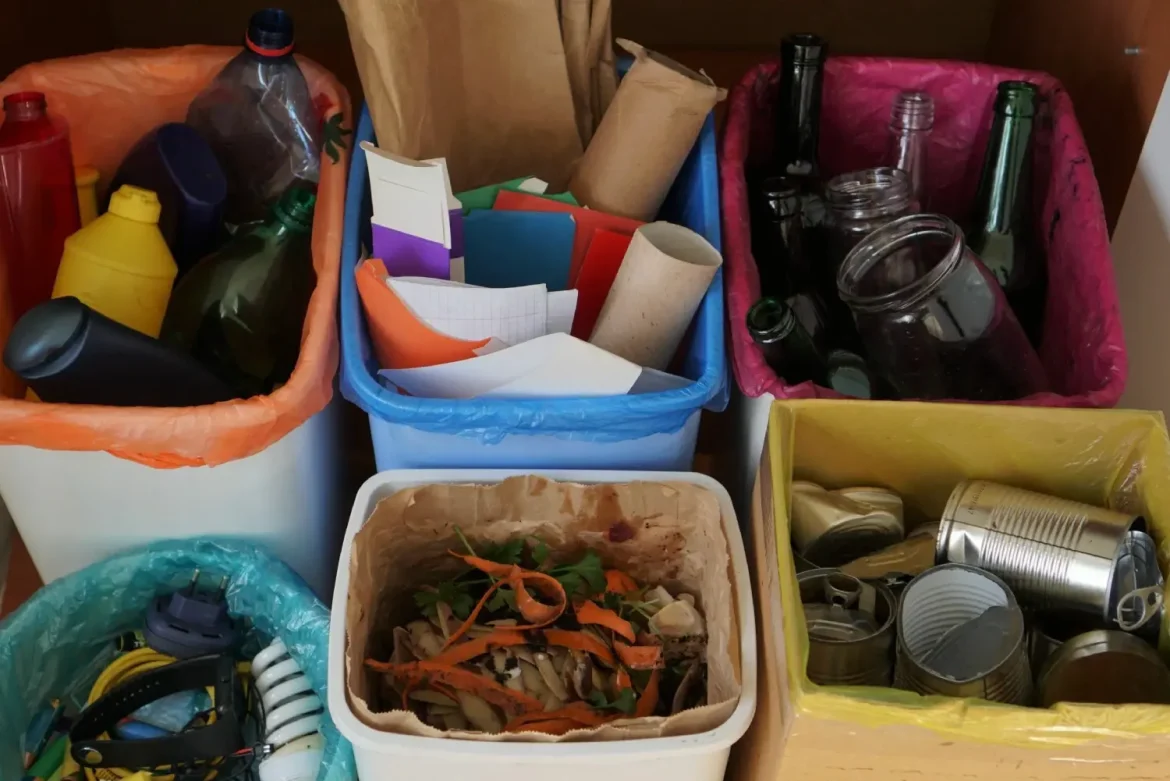Reusable items provide another straightforward solution. Swapping out single-use plastics for alternatives like stainless-steel water bottles, cloth shopping bags, or beeswax wraps can significantly reduce waste over time. Many cafes and supermarkets also support customers who bring their own containers, making it easier to stick with sustainable habits when on the go. While it may take time to adjust, these changes soon become second nature.
Advertisement
Composting is a powerful way to divert organic material from landfill while producing nutrient-rich soil for gardens. Kitchen scraps such as fruit peels, vegetable offcuts, and coffee grounds can all be composted at home. Even for those without large outdoor spaces, compact compost bins and worm farms are increasingly available. Communities across Australia are also setting up shared composting programs, offering opportunities for collaboration and learning.
Finally, reducing waste often comes down to mindful consumption. Asking whether a purchase is truly necessary before buying, choosing products with less packaging, and repairing items rather than discarding them are all simple but effective habits. These choices, while small individually, help shift patterns of consumption and encourage more sustainable living. By adopting a few of these tips, households can reduce their impact while fostering greater awareness about the resources they use every day.

